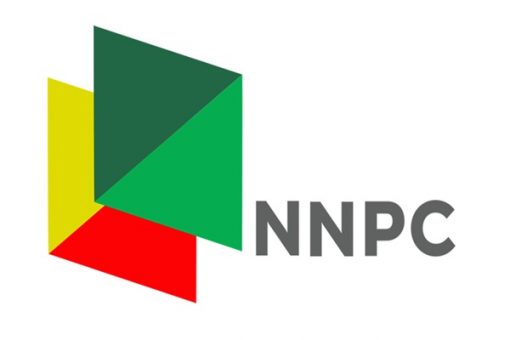The Federal Government’s debt to the Nigerian National Petroleum Company Limited (NNPCL) for exchange rate differential (subsidy) on Premium Motor Spirit (PMS) has reached N7.74 trillion as of September 2024, following the full implementation of the deregulation of the downstream oil sector.
The subsidy debt is a result of the government’s support for fuel imports, which included covering the difference between the cost price and the retail price of petrol, despite the NNPCL acquiring the product at a higher rate between June 2023 and September 2024. This was disclosed in a presentation by NNPCL to the Federation Account Allocation Committee (FAAC) at its meeting in February 2025.
Efforts to Settle the Fuel Subsidy Debt
The Nigerian government has outlined plans to settle the N7.74 trillion debt within 210 days. This comes after the NNPCL demanded a refund of N4.71 trillion in August 2024 for outstanding debts related to petrol imports between August 2023 and June 2024. The document also revealed that the total subsidy debt from the exchange rate differential amounts to N10.499 trillion, with N2.756 trillion already recovered between November 2023 and September 2024.
Details of the Debt and Its Impact
The exchange rate differential represents the variation in the value of foreign exchange used to import fuel, as the NNPCL purchased oil in foreign currency and the government covered the difference in naira. The increasing debt has grown over several months, with a month-by-month breakdown showing that the debt rose steadily from N1.29 trillion in June 2023 to N7.74 trillion in September 2024.
The subsidy debt now represents about 14.07% of the country’s 2025 national budget of N54.99 trillion.
Analysis of the Fuel Subsidy and Exchange Rate Concerns
In the face of rising concerns, Wumi Iledare, an energy expert, questioned why the government continues to cover the exchange rate differentials when the NNPCL sells oil in foreign currency on behalf of the government, implying that the government should be the beneficiary of any changes in the exchange rate. Iledare added that the complexity of the situation raised concerns about the need for greater clarity on the recovery process.
“It is very difficult for me to understand why the Federal Government has to return any money to NNPCL. The government owns the tax oil and royalty oil that NNPCL is selling on its behalf,” Iledare stated.
Inconsistencies in NNPCL's Revenue Reporting
Meanwhile, members of the FAAC committee raised concerns over the inconsistent revenue reporting by NNPCL. Tunde Aregbesola, the Ogun State Accountant-General, highlighted a significant decline in revenue compared to the previous months, citing receivables from NNPCL that amounted to approximately N10.8 trillion.
"There are concerns about the accuracy of the figures as reports suggest that NNPCL may still be reconciling the figures,” Aregbesola said.
In response, Chairman Oluwatoyin Madein noted that NNPCL and NUPRC were working on reconciliation efforts, with a focus on resolving discrepancies by December 2024.
Looking Forward
The ongoing subsidy debt issue continues to create financial strain for the Nigerian government. While efforts to repay the debt are underway, experts are urging greater transparency and clarity in the process to prevent any further complications in the oil sector and the national economy. The government remains committed to resolving the issue, but the timeline for final settlement and further reconciliation will be key factors in determining its financial stability.




